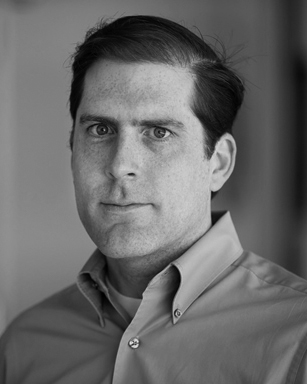Control Seminar
Self-Powered Linear Feedback Control: Necessary and Sufficient Conditions
This event is free and open to the publicAdd to Google Calendar

Abstract: In applications of control to physical systems, a control system is called “self-powered” if the only energy it requires for operation is that which it absorbs from the plant. The advantages of self-powered control technologies are twofold. Firstly, they can operate perpetually in energy-autonomy, a significant design advantage in applications for which energy-efficiency is important, or for which power delivery is costly or unreliable. Secondly, if the plant being controlled is passive, then unconditional robust stability is assured in closed-loop, via the Passivity Theorem. Due to these advantages, self-powered control has been investigated for disturbance rejection problems, such as in mechanical vibration suppression. It has also received recent attention in the area of robotics.
In this talk we consider the feasibility of implementing a linear feedback law with a self-powered network of power-electronics and energy storage subsystems. For such a feedback law to be feasible, its feedback measurements must be colocated with the control inputs, and it must be passive. However, these conditions are insufficient to ensure feasibility, because they do not account for the parasitic losses in the electronics and energy storage subsystem. We present two new results which characterize self-powered feasibility. The first result is a necessary condition, while the second is a sufficiency condition, and both conditions explicitly involve parameters characterizing parasitic losses. In the case where these losses are negligible, both conditions distill to the classical Kalman-Yakuboivic-Popov Lemma, which characterizes necessary and sufficient conditions for passivity.
Although the talk will focus on linear, finite-dimensional feedback laws, some of the results can be extended to accommodate infinite-dimensional feedback laws. We will briefly discuss these extensions, as well as extensions to nonlinear and non-colocated feedback. An example will be given which illustrates the use of both the necessary and sufficient criteria, in an application pertaining to earthquake response control for civil structures.
Bio: Jeff Scruggs is an Associate Professor in the Department of Civil & Environmental Engineering at the University of Michigan, which he joined in 2011. He received his B.S. and M.S. degrees in Electrical Engineering from Virginia Tech in 1997 and 1999, respectively, and his Ph.D. in Applied Mechanics from the Caltech in 2004. Prior to joining the University of Michigan, he held postdoctoral positions at Caltech and the University of California, San Diego, and was on the faculty at Duke University from 2007-11. His current research is in the areas of mechanics, vibration, energy, and control.
***Event will take place in hybrid format. The location for in-person attendance will be room 1311 EECS. Attendance will also be possible via Zoom. Zoom link and password will be distributed to the Controls Group e-mail list-serv.
To join this list-serv, please send an (empty) email message to [email protected] with the word “subscribe” in the subject line. To cancel your subscription, send an (empty) email to the same address with the word “unsubscribe” in the subject line. Zoom information is also available upon request to Michele Feldkamp (careymrz@umich.edu).
 MENU
MENU 
